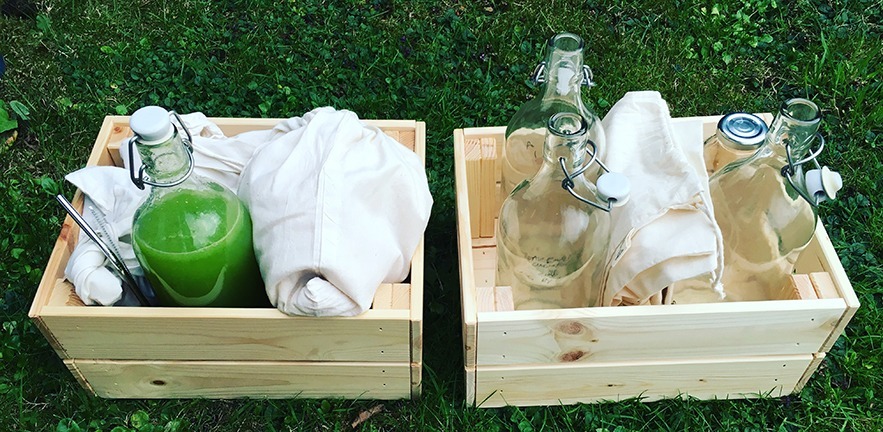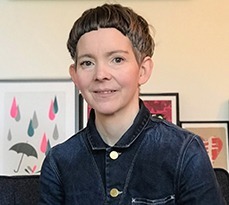A startup supported by the Cambridge Social Ventures programme at Cambridge Judge Business School offers waste free alternatives and hopes to promote sustainable and environmentally friendly shopping.

Tracey Banks, founder of the unpckd venture that delivers package-free household products to consumers, says her own “war” on plastic waste was triggered a decade ago by realising how much waste everyday family life can produce.

So Tracey came up with the idea of opening a “zero waste” store, and this evolved into a refill delivery service that officially launched in July 2018.
“I took six months unpaid leave from my job as a technology programme manager in London,” says Tracey. “I signed up for a 10-week startup accelerator course in London, and didn’t go back to my job afterwards as I had proved that my idea had potential to become a business, a social enterprise, and a great role model for responsible retail.”
Tracey is currently supported by the Cambridge Social Ventures programme, run by Cambridge Centre for Social Innovation at Cambridge Judge. She joined the programme in September 2018 and says the support has been critical to her as a sole entrepreneur: she especially singles out the programme’s mentoring role and opportunity to network with a cohort of fellow founders on a similar journey.
unpckd is an online shop where customers can order refills of dry food, liquids and other household products for delivery to their home at a convenient time. Currently, customers can buy food refills like cereals, rice, juices, pasta and crisps (in compostable packets), as well as refills of everyday products such as laundry detergent and shampoo. Refills are delivered in returnable cotton bags or glass bottles for customers to decant into their own storage containers, or alternatively they can buy the containers – which include glass jars, aluminium bottles with pumps, beeswax wraps, and stainless-steel boxes in various sizes.
Tracey says she came up with the name of the company (dropping a couple of vowels from the word “unpacked”) because it suggested both “goods without packaging” and “saving time with convenience”.
Currently, only people in the town of Hitchin (35 miles south of Cambridge) can get delivery to their home, as this is where Tracey lives, but she hopes to offer the service to other UK cities soon. “At the moment I’m doing all deliveries in Hitchin with my Kia Soul Electric Vehicle, on Sunday evenings, but demand is growing and soon I might not be able to manage it on my own.”
Kim Croasdale says she has shopped at unpackd since February. “For us it solves several problems, including reducing unnecessary waste associated with food we eat every day, and supporting local businesses – even when we don’t get time to get to the shops,” she says. “Having things delivered on a Sunday night is especially convenient.”
The biggest challenge for Tracey is scaling up. Now she’s “wearing all the hats” – building the website, sourcing the products, taking orders, doing deliveries, and running social media accounts. “I like the freedom you have when you have your own business – you make your own decisions and it’s liberating. But sometimes it’s difficult to know where to draw the line as it’s 24/7 work. I also miss the social aspect of employment, so I am looking forward to building a team,” Tracey says.
If she’s not busy enough, Tracey is also running Less Waste Hitchin – monthly meetings that started as a Facebook group and have now grown into a popular local community. This involves themed interactions to encourage the local community into action against waste, usually through local events such as food festival.
Tracey says unpckd differs from some other “zero waste” ventures in offering doorstep delivery rather than through the post. “We are also very flexible with customers’ requests,” she says. “I want them to determine which refill products we sell that are going to save them waste. So if they tell me what products they regularly use, and I can supply it to them at a reasonable price, I’ll do my very best to get it.”
Karen Leigh Anderson, Business Advisor at Cambridge Social Ventures, commented: “Tracey’s work with unpckd covers a variety of social challenges. Whilst it is very early days with this social enterprise startup, Tracey has made great progress in identifying her customers and developing better ways of promoting the business to them.”

